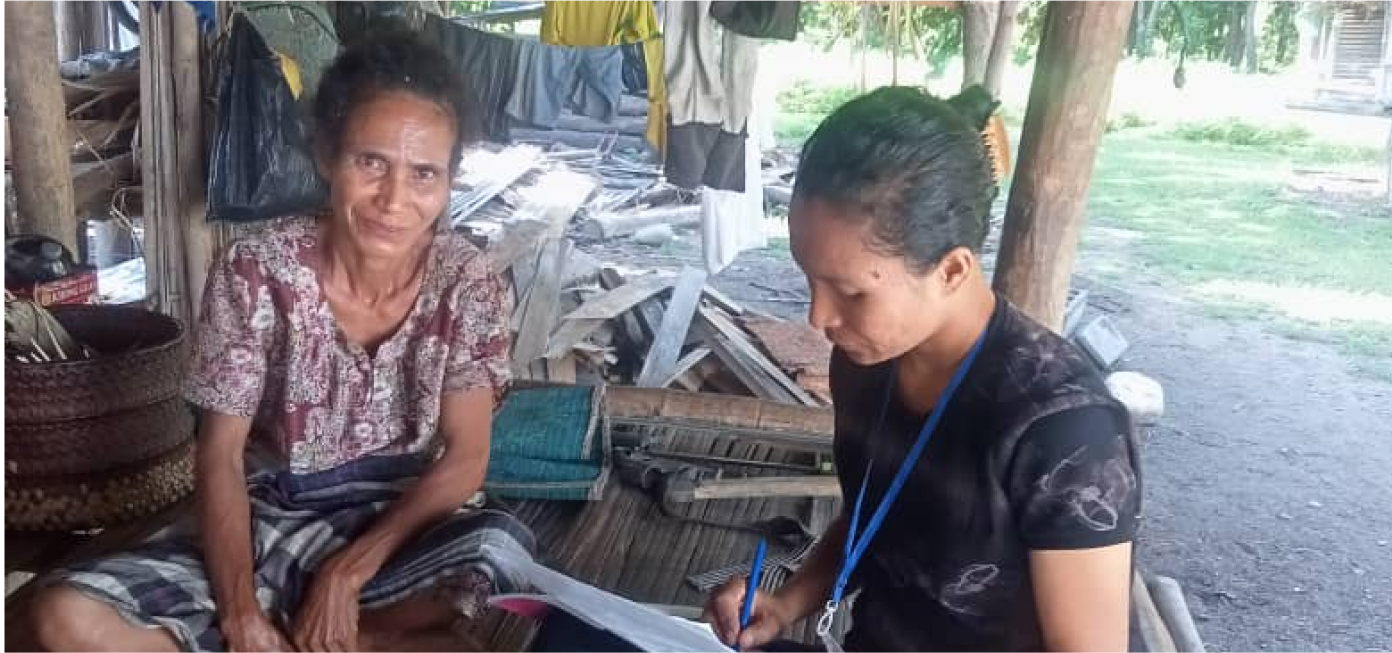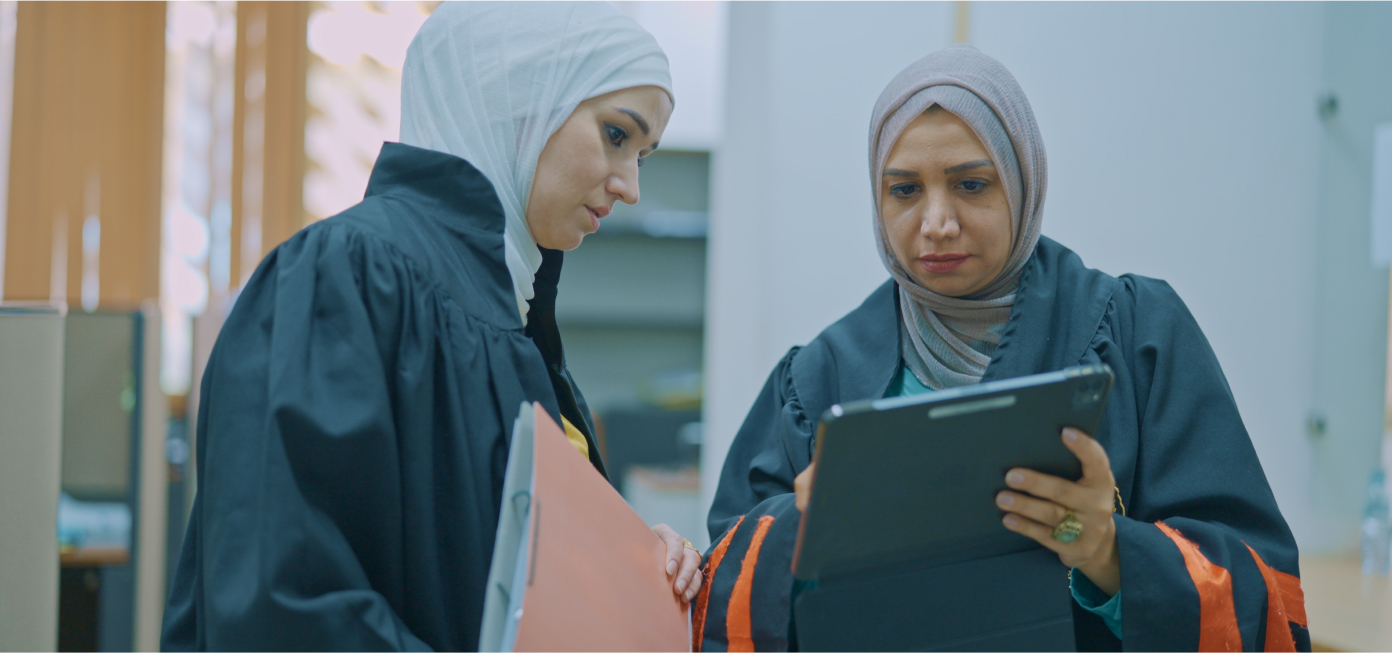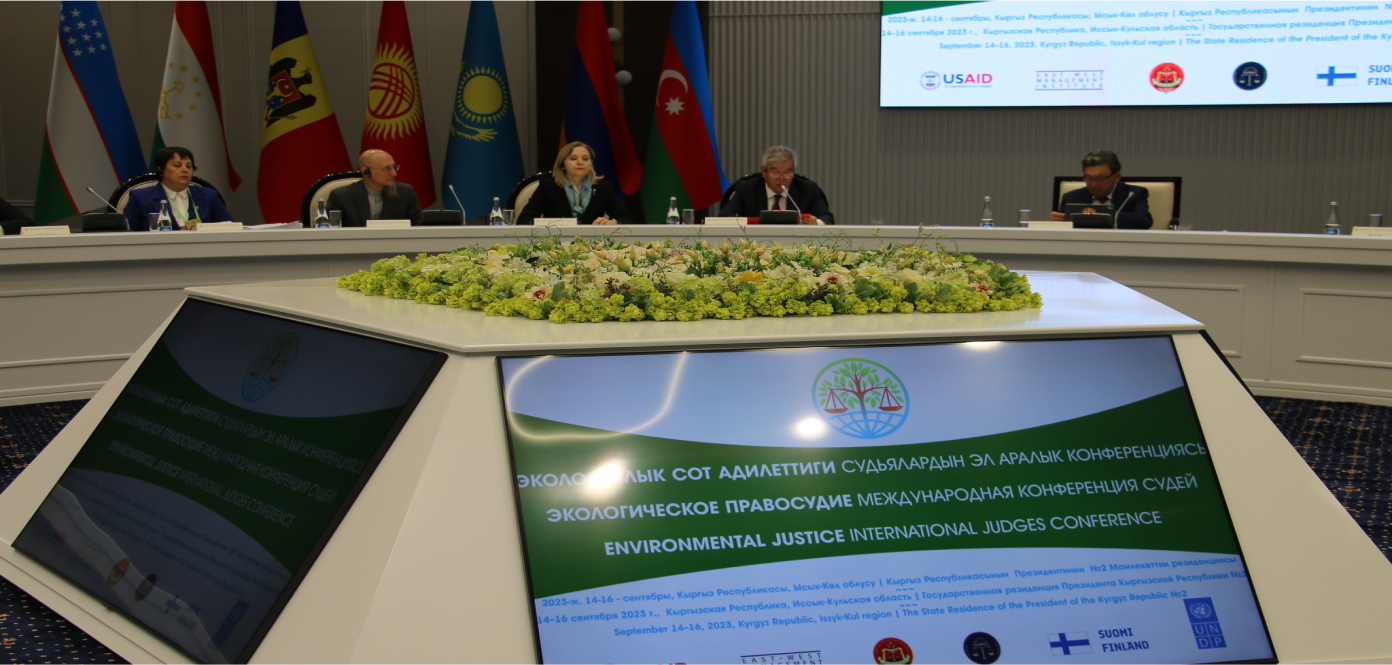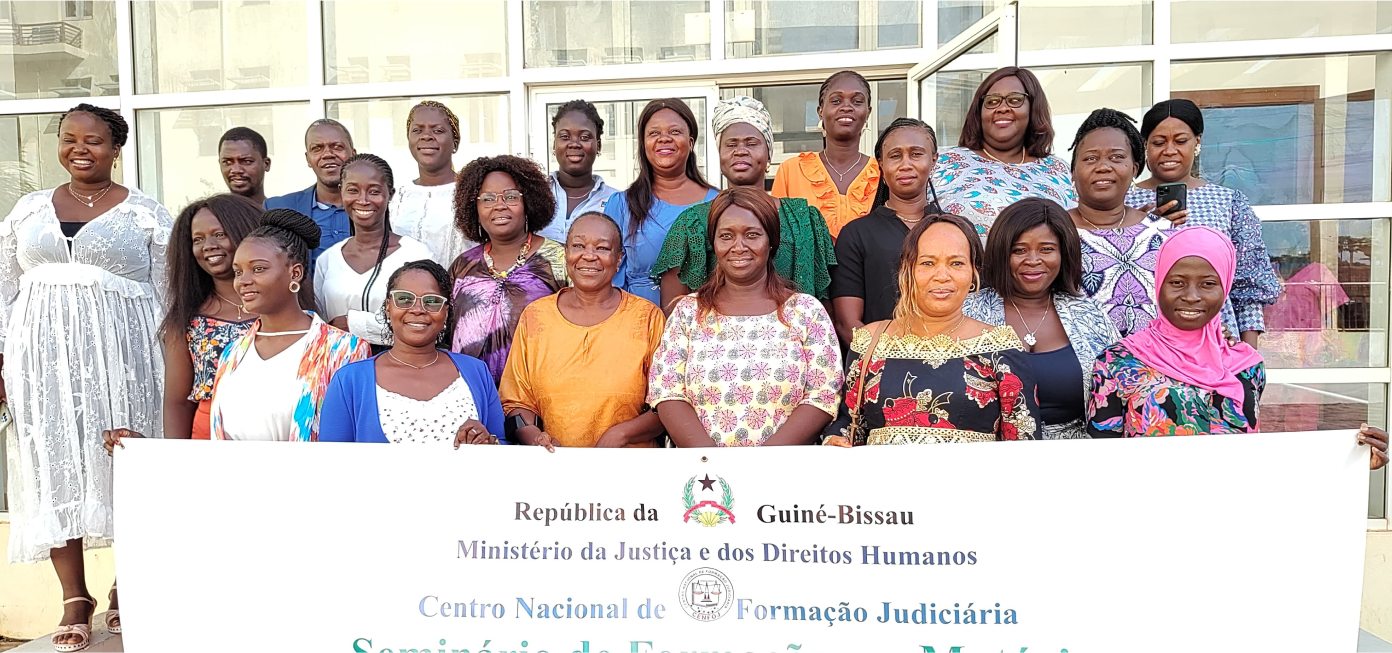OVERVIEW
In 2023, UNDP accelerated efforts to advance access to justice for all, provide financial support and technical guidance to the Country Offices, national and international partners, including through its Global Programme for Strengthening the Rule of Law, Human Rights, Justice and Security for Sustainable Peace and Development (the Global Programme). This work was guided by the framework of people-centred justice and informed by the recommendations of the Independent Evaluation Office report on UNDP Access to Justice programming from 2014- 2022.
With The Pathfinders and the Organization for Economic Cooperation and Development (OECD), UNDP began to host the Secretariat of the Justice Action Coalition (JAC) and lead its workstream supporting strategic and innovative people-centred justice initiatives at country level through investments for the Catalytic Fund. UNDP contributed to the Justice Action Coalition Action Plan and the development of its permanent structure. In this domain, UNDP will support low and middle-income countries from the global south in the co-creation of strategies for people-centred justice reforms at the national level and to broker access to international expertise, partnerships, and financial support. The JAC brings together 19 Member States, UN Agencies and non-state actors for wider engagement on political advocacy and commitment to close the justice gap and support people-centred justice.
UNDP’s Justice Futures CoLab provided space and tools for UNDP’s reflection, learning and adjusting cycle that is instrumental to make the shift towards people-centred approaches and programming that meaningfully transform justice systems to meet the justice needs of all. In 2023, UNDP strengthened its learning approaches on work on access to justice through strategic engagements with the findings and recommendations of the access to justice evaluation. Through the Justice Futures CoLab, UNDP held multi-level strategic conversations on importance of a people-centred approach to peace and development, for protecting and promoting human rights, advancing sustainable development and fulfilling the international commitment to leave no one behind. This facilitated the development of UNDP’s draft policy framework on people centered approach to justice and security.
UNDP strengthened its strategic partnerships and engagement on rule of law and justice thereby strongly positioning itself. Within the UN Development System, UNDP collaborated with UN Women on the Gender Justice Platform, an initiative with UN Women, accelerated the promotion of gender justice and empowerment of women in 19 countries. The UN Global Focal Point (GFP) arrangement, co-chaired by UNDP and DPO, delivered support in 16 fragile settings to address violent conflicts, protect human rights and restore justice and security.
CONSTITUTIONAL SUPPORT
As the supreme law of the land, constitutions provide legal certainty, equal applicability and accountability that are foundational components of the rule of law. Constitutions guarantee fundamental rights and mandate state bodies to protect them, promoting human rights culture and contributing to sustainable peace and development.
UNDP therefore views support to constitution-making not only as an integral part of its rule of law programming, but also central to its mission to fulfill the promise of the 2030 Agenda, and to prevent violent conflicts. UNDP responds to urgent demands for constitutional assistance, in close collaboration with the UN Department of Political and Peacebuilding Affairs (DPPA), UN Department of Peace Operations (DPO), UN Women, the UN Human Rights Office (OHCHR) and other partners.
UNDP supports national partners to design and implement constitutional processes that are inclusive, participatory and transparent, are based on applicable international norms and good practices, and are nationally owned.
In 2023, UNDP’s Global Programme for Strengthening the Rule of Law, Human Rights, Justice and Security for Sustainable Peace and Development (the Global Programme) sought to achieve these goals through both country support and global policy development. UNDP published a guidebook on “Protecting Human Rights in Constitutions,” to assist constitution makers to design stronger rights-based constitutions based on national needs and international standards.
UNDP’s Global Programme directly supported national partners in Barbados, Belize and Chile to plan and/or undertake constitutional reform processes. In the Commonwealth Caribbean, UNDP held a regional workshop on constitutional change, in partnership with the International Institute for Democracy and Electoral Assistance (International IDEA) and in conjunction with the University of the West Indies (UWI). The workshop brought together 20 constitutional commissioners, scholars and activists, including seven women, from Antigua, Barbados, Belize, Grenada, Jamaica, St. Kitts and Nevis, St. Vincent and the Grenadines and Trinidad and Tobago, to examine ways the Caribbean is reimagining its constitutional compacts, including through promoting accountability, strengthening representation and participation, and realizing human rights.





